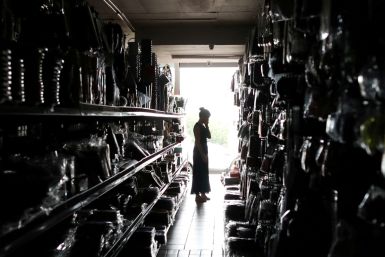South Africa Urges For Two Panels At WTO Over EU Measures On Citrus Imports

South Africa requested the World Trade Organization to set up two panels to review "unfair" and "discriminatory" rules imposed by the European Union (EU) on citrus imports from South Africa.
These rules relate to Citrus Black Spot (CBS) and False Codling Moth (FCM), two plant health issues. South Africa argues that these EU regulations are unnecessary and unscientific. They are challenging these measures to protect jobs in their citrus industry, which supports tens of thousands of people.
Currently, South African citrus farmers spend a lot of money each year to meet the EU's requirements on CBS and FCM. The industry believes these rules are too strict, especially since South Africa already has a strong system to manage risks and ensure safe citrus exports.
The request for WTO panels marks a significant step for South Africa. It's the first time they've escalated a trade dispute at the WTO beyond the initial stages of the dispute settlement process.
South Africa asked the EU to discuss the Citrus Black Spot (CBS) issue on April 15 this year but no agreement was reached. Even in July 2022, South Africa started talks with the EU about False Codling Moth (FCM) but didn't find any conclusion.
Now, a panel will be formed to address the FCM problem. Although the EU hasn't accepted South Africa's panel request, according to WTO procedures, these panels will likely be set up at the next meeting in July 2024. It usually takes about nine months for a panel report to be issued.
The CEO of the Citrus Growers' Association of Southern Africa (CGA) Justin Chadwick said, "Last year, we exported 36% of all our citrus to the EU. That shows what an important market it is for our growers. It is the very foundation of citrus profitability in [South Africa]," SA News reported.
He added, "Should the EU continue with the implementation of these measures, or intensify them in any way, the profitability of hundreds of growers will be negatively affected and the industry will suffer severe revenue and job losses."
Chadwick noted that this is also potentially good news for the European consumer as their orange prices last summer were at an all-time high, adding that if the "supply is unfettered, consumers will benefit."
Director-General of the Department of Agriculture, Land Reform and Rural Development (DALRRD) Mooketsa Ramasodi said the citrus industry supports 140,000 jobs at the farm level alone.
© Copyright 2025 IBTimes ZA. All rights reserved.

















